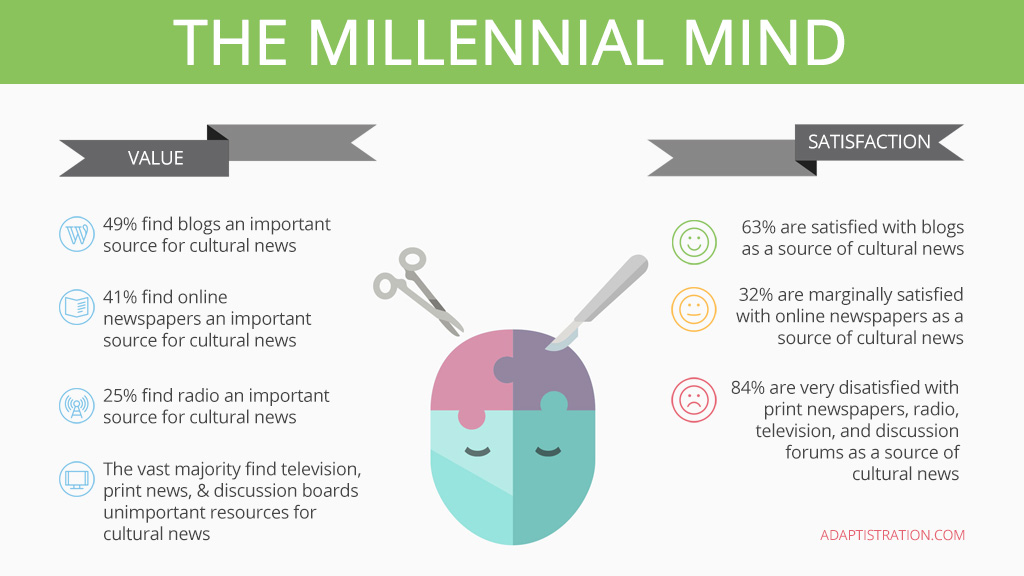Recently I received an email from B.R. in Santa Fe who wrote in to ask about an article back from November entitled What Do You Consider Professional?. B.R. was wondering if there was ever any additional conversation on the topic or if it ever extended to “what is considered a professional musician”. B.R. says,
“I read with interest your writing in Adaptistration on what is a professional orchestra. I have had trouble with the terminology for some time now. I understand the desire to set apart those orchestras that actually pay a living wage from the smaller ones that just provide supplemental income, but if you reserve the term “professional” for the former, what do you call the latter? “Amateur orchestra”? That doesn’t fit. “Semi-professional orchestra”? That’s maybe closer, but not really satisfying. Do you have a term that works?
Along the same lines, what is a “professional musician”? I have heard many different definitions. Certainly if you play in a professional orchestra as you define it, you are a professional musician, but if you limit it to those musicians, many states would not have any professional musicians because there are no professional orchestras in those states. I think most people
agree that someone who plays in two or three regional orchestras, teaches, free-lances, and earns all of their income from the performance and teaching of music would be considered a professional musician. But when the individual has a day job that pays more than their music income, how does that impact the classification? Some people say that you need to earn the majority of your income from music to be considered a professional musician. Is someone who does exactly as the person described above, but also spends a few hours a week as a real estate agent not a professional musician because when they sell a few million-dollar homes their commission earns them more than all their music income combined?
This doesn’t seem right to define a person’s status as a professional musician by what they do when they’re not playing music. One person who goes home from rehearsal to watch TV is a professional musician, while the other who goes to another job is not?
I have always considered someone who is paid to play or teach music on a regular basis to be a professional musician, regardless of what else they do in life. But I have recently gotten resistance on this definition from someone who would be considered a professional musician by any definition. The problem is that they do not have a term for the in-between people like the real estate agent I described above. So I’m really searching for a label for those middle people who are accomplished musicians, take music very seriously, and strive to play their best at all times but are not in the upper echelons of the profession. If they are not professionals, what are they?”
I appreciate B.R. taking the time to bring this point up, because it’s a problem in this business. Unfortunately, there isn’t any good way to come up with a neat, clean definition for the different types of musicians across the country. The sheer competitive nature of the musicians themselves makes this an even more difficult task
B.R. mentions the “middle people” and how they are perceived by the musicians that earn their living through playing in a full time orchestra. But I would say that this mentality extends into the full time players themselves. I’ve seen it happen more times than I care; players in bigger budget orchestras consider players in smaller groups below them somehow. Players in ICSOM organizations consider the average ROPA player as artistically less significant. Or at least until that ROPA player wins a job in their orchestra (or a better one). But that’s just plain wrong.
I’m not saying that all players are equal, because they certainly aren’t. But I’ve always considered someone to be a musician based on their ability to play their instrument, not on where they play it. I remember back to my high school days taking tuba lessons from Bob Daniel, principal tuba, U.S. Air Force Band, retired. Bob was, and still is, a monster player and a consummate musician. It struck me one day at one of my lessons to hear him say “I’m glad I’m not your age, I couldn’t imagine having to compete with the amount of talent that’s out there now compared to when I started taking auditions.” And that was 15 years ago, the amount of high level talent entering the field has grown even higher since then.
I can guarantee that there aren’t enough full time playing positions available for the number of people who want one and are qualified to have it. So that brings us back to B.C.’s original question “So I’m really searching for a label for those middle people who are accomplished musicians, take music very seriously, and strive to play our best at all times but are not in the upper echelons of the profession. If we are not professionals, what are we?”
I decided to go to a higher authority; me wife. I read B.C.’s letter to her and asked her what she felt. She is a musician that now has an orchestra job that pays a full time wage but previously, she had to play in several smaller ROPA orchestras to get by. She decided that she likes the terms “musician with a full time job” and “musician with a part time job”. It’s certainly a step up from “amateur” or “semi-professional”, but still seems a little lacking.
I don’t have a better term to present myself. I just call people musicians or not based on their playing. But here’s the foot note to all of this, there are a great deal of musician’s I’ve never heard play as individuals and probably never will. But based on their full time position I would grant them the benefit of the doubt and call them musicians if asked; like say anyone that has a position in the Seattle Symphony. But I can honestly say that there’s a cut off point for when I stop doing that.
What do you think? Is there a good term to define those non full time musical souls in limbo? I think it would be good to hear from many readers as possible on this issue. So take the time to send in an email. You can stay anonymous if you want, but I think it’s worth discussing so don’t let that deter you.


